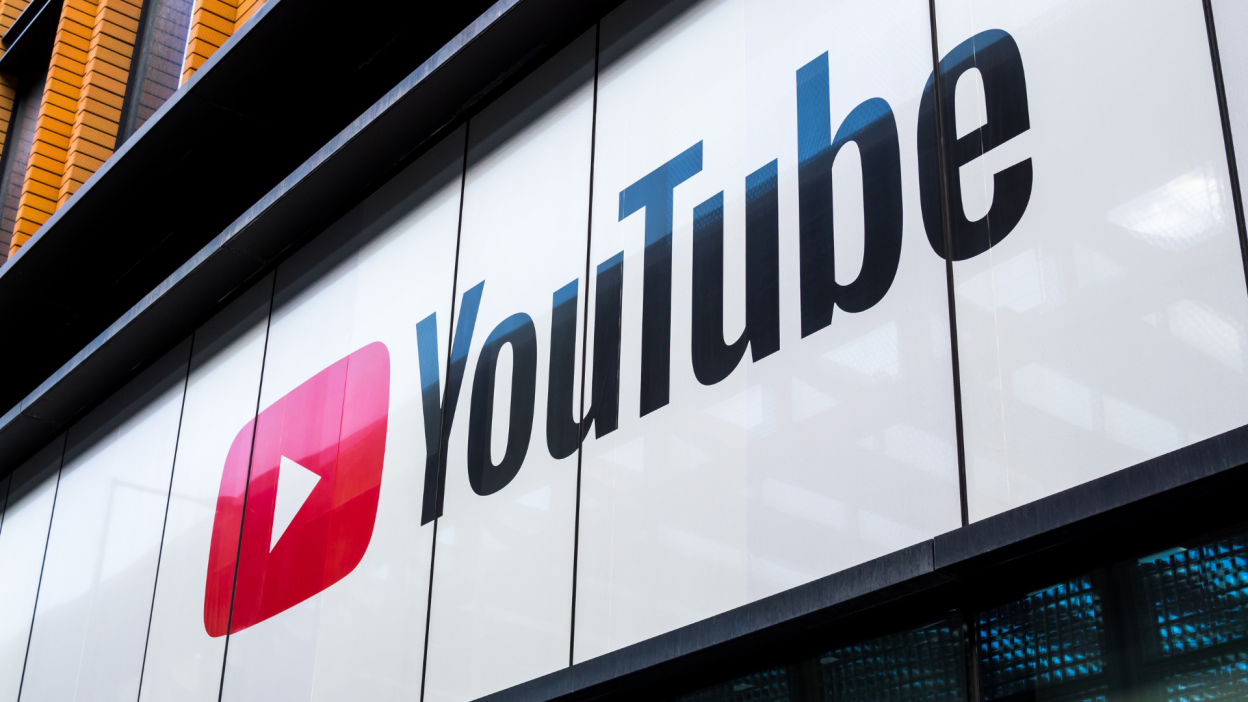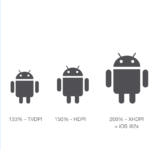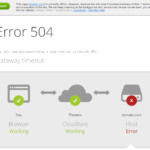Introduction: Addressing Concerns About AI Manipulation
In today’s digital age, concerns about the future of the internet are growing, particularly with the rise of realistic AI-generated content. As technologies advance, distinguishing between genuine and synthetic media becomes increasingly challenging. This article delves into the measures being taken by YouTube to address these concerns and regulate the use of altered or synthetic media by content creators.
Understanding YouTube’s New Tool
What is YouTube’s New Tool?
YouTube recently announced the rollout of a new tool within Creator Studio aimed at identifying and labeling altered or synthetic media.
Purpose of the Tool
The primary goal of this tool is to enhance transparency and help users distinguish between authentic and AI-generated content.
Categories Requiring Labeling
1. Use of Likeness in Videos
Creators are required to label videos featuring the realistic swapping of a person’s face with another (deepfake) or any manipulation of someone’s likeness.
2. Creation of Synthetic Voices
Videos using a voice based on a real person’s voice must be labeled accordingly.
3. Alteration of Real Places
Any realistic alterations to real places, such as setting a building on fire or editing a skyline, necessitate the application of the new label.
4. Creation of Deceptive Scenes
Videos portraying realistic scenes that viewers could mistake for reality, such as a tornado approaching a real town, must be labeled.
Scope of the Label Requirement
Visual and Audio Elements
The label requirement applies specifically to the visual and audio elements of a video, ensuring transparency in these aspects.
Exclusions
Creators are not obligated to label videos for other AI-generated components, such as scriptwriting, or when the content is not realistic, such as animations or certain special effects.
Enforcement and Impact
Enforcement Measures
While YouTube encourages creators to label their content appropriately, enforcement measures are currently under development, and adherence to labeling guidelines relies largely on the honor system.
Visibility of Labels
Labels will appear in the expanded description of most videos, with more prominently displayed labels for sensitive content categories such as health, news, elections, or finance.
Conclusion: A Step Towards Transparency
YouTube’s introduction of this labeling tool signifies a step towards greater transparency in online content. While enforcement mechanisms are still evolving, the initiative aims to empower users to make informed decisions about the media they consume.
















Leave a Review